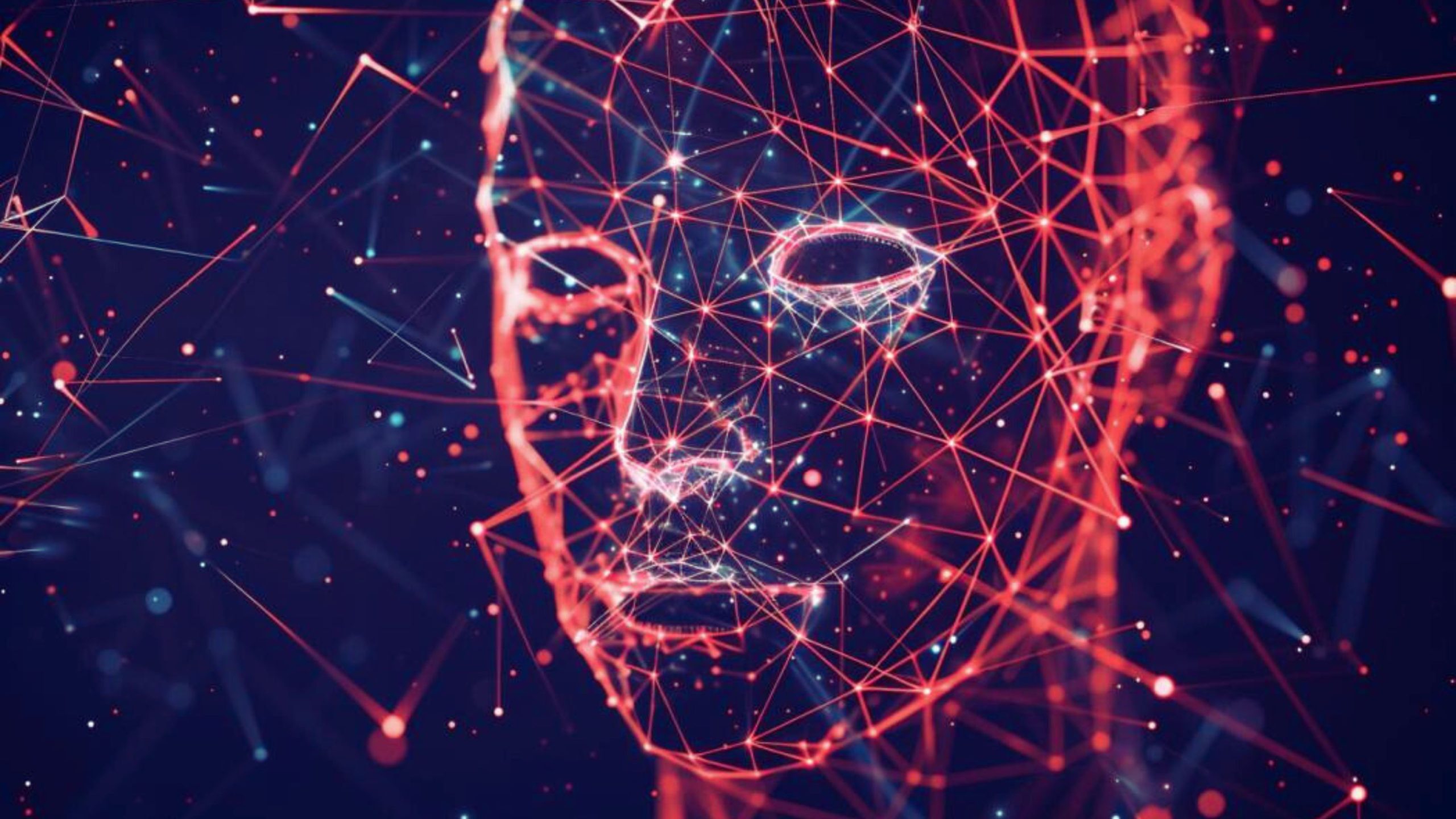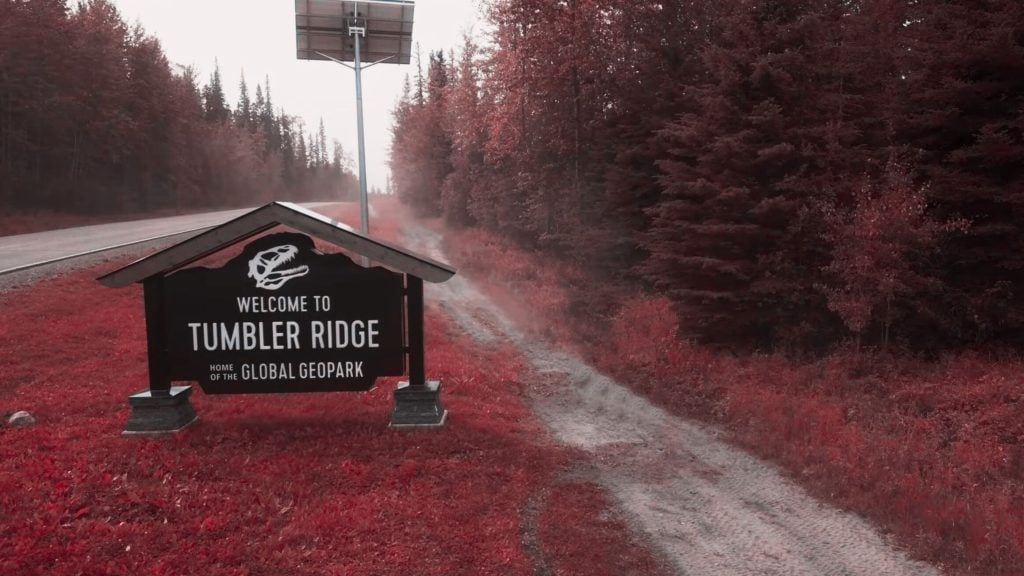The sweeping implementation of a facial recognition initiative is stirring controversy in the Gaza Strip, with the government of Israel reported to have utilized this technology to create a surreptitious database of Palestinian individuals. As disclosed by The Times, this utilization of biometric technology occurred without the informed consent or awareness of the Palestinian populace.
Following the incidents of October 7, Israeli intelligence put this program into motion with two key technological allies: an in-house tool fashioned by Corsight, a firm from Tel Aviv, and Google Photos. The operational goal was the identification of persons linked with Hamas.
The Israeli Defense Forces’ Unit 8200 stepped up surveillance post the October 7 attacks, scrutinizing Hamas’s social media videos, and security footage to identify potential targets. The Israeli military operatives also solicited help from detained Palestinians to identify Hamas affiliates from amongst their community members.
Bragging about its ability to identify individuals even with less than half of the face visible, Corsight became instrumental in Israel’s facial recognition endeavors. It used these photographs to develop a sophisticated tool of identification for Israeli enforcement officers in Gaza. The military further expanded this database by setting facial recognition-enabled checkpoints on primary roads used by Palestinians to flee south. An officer divulged to the Times that the aim was to create a “hit list” of active participants in the October 7th attack.
Reclaim Your Digital Freedom.
Get unfiltered coverage of surveillance, censorship, and the technology threatening your civil liberties.
However, there have reportedly been instances when Corsight’s technology ended up misidentifying innocents as potential Hamas cohorts. Of note is the misidentification of Mosab Abu Toha, a Palestinian poet, who was apprehended at an Israeli checkpoint while attempting to travel to Egypt with his family. Abu Toha, according to the military’s system, was a wanted persona. Following a two-day duration of interrogation and abuse, he was summarily released back into Gaza sans an exoneration or explanation.
To bolster Corsight’s endeavors, the military has leveraged Google Photos – a freely available tool. Armed with a voluminous “known persons” database, intelligence officers are making use of Google’s photo search function to identify individuals, even when only a fraction of their facial features are discernible or visible.
Corsight and its investors have been overt in their desire to aid the Israeli military in the continuing strife in the Gaza Strip. Awz Ventures, the Canadian fund that spearheaded Corsight’s finance round of $5 million in 2020, echoed this intention openly. The Israeli military and Alexandria Ashkenazi, the fund’s founder and managing partner, envisaged a halt to what he termed “evil terrorists.”




